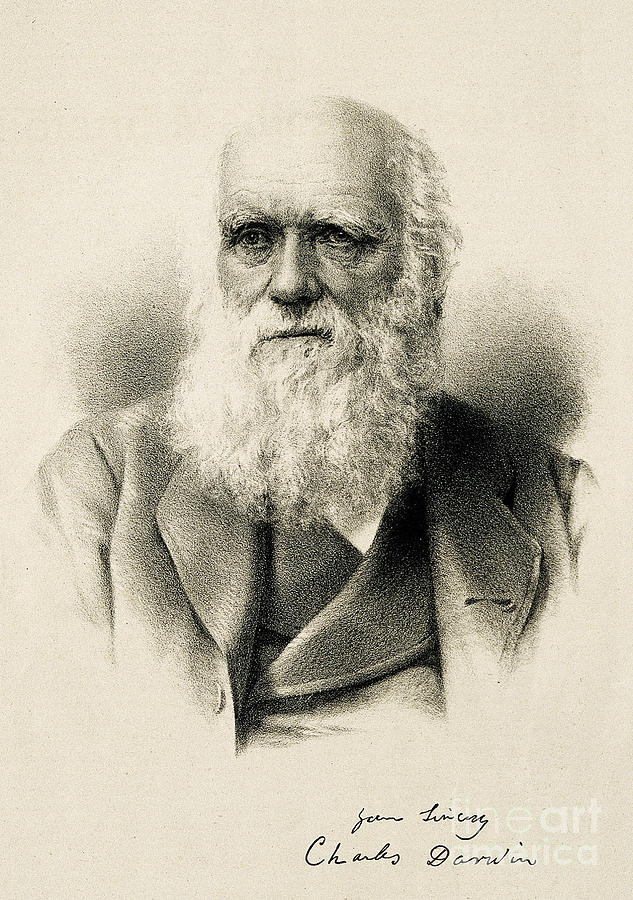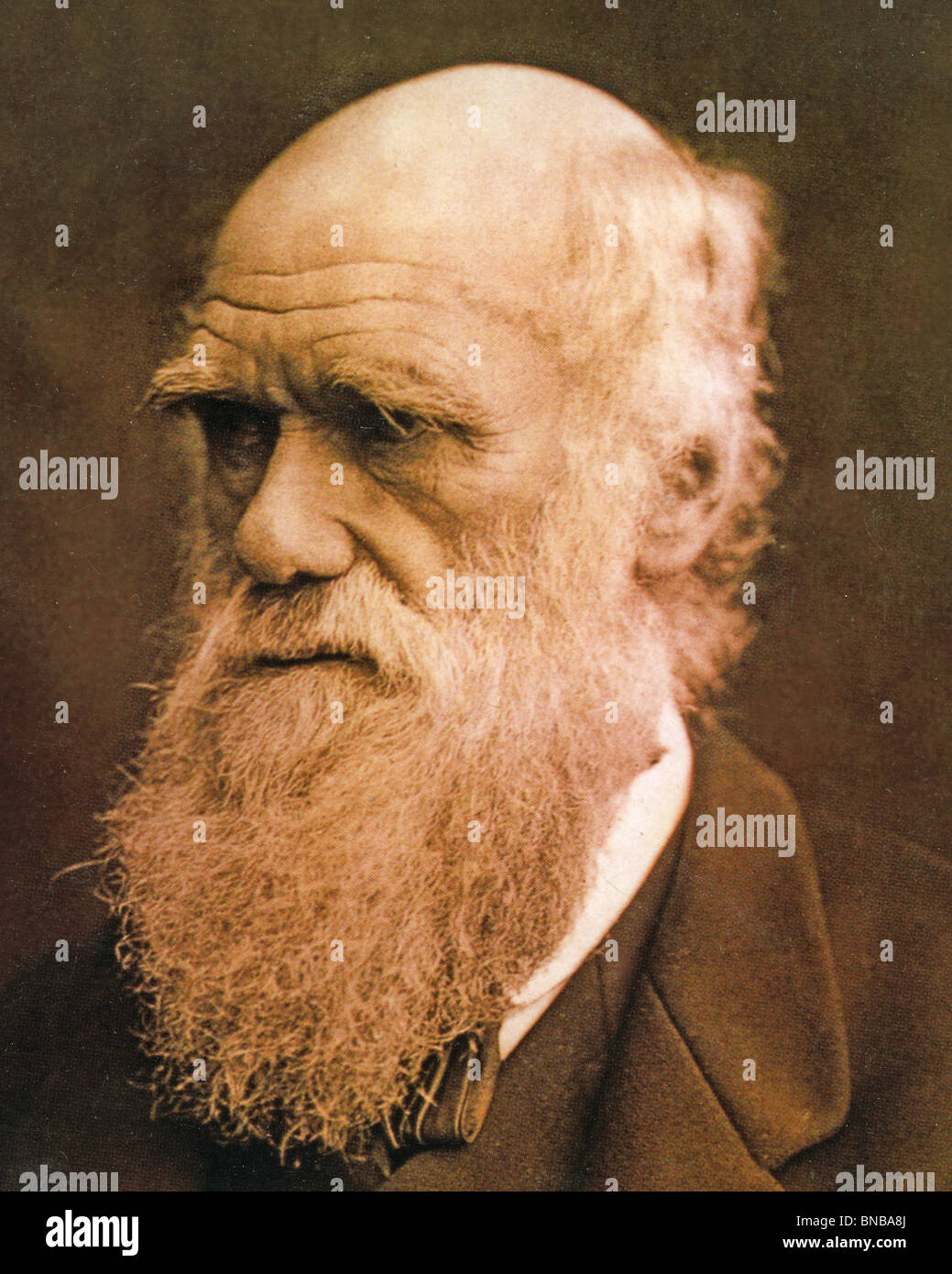Born in 1809 charles darwin was an english naturalist who developed the idea of natural selection and changed the way we think about evolution

Born in 1809, Charles Darwin: The English Naturalist Who Revolutionized Evolution

Charles Darwin, born in 1809, was an influential English naturalist who revolutionized the way we think about evolution. His groundbreaking ideas and theories on natural selection have had a profound impact on the field of biology and continue to shape our understanding of the living world.
Natural selection, as proposed by Darwin, is the process through which certain traits and characteristics become more prevalent in a population over time. This occurs because individuals with advantageous traits are more likely to survive and reproduce, passing those traits on to future generations. In essence, nature “selects” the best-suited individuals to survive and reproduce, ensuring the adaptation and survival of a species.

Darwin’s groundbreaking book, “On the Origin of Species,” published in 1859, presented his theory of evolution through natural selection. The book caused a sensation and sparked intense debates among scientists, theologians, and the general public. In “On the Origin of Species,” Darwin provided extensive evidence from various scientific disciplines to support his theory, challenging the prevailing belief in divine creation and offering a naturalistic explanation for the diversity of life on Earth.
One of the key ideas Darwin introduced is that all living organisms share a common ancestry. According to his theory, over time, small variations within populations accumulate and ultimately lead to the formation of new species. This mechanism of gradual change, occurring over millions of years, is responsible for the incredible diversity of life we see today.
Darwin’s theory of evolution has not only stood the test of time but has also provided the foundation for modern biology. His ideas have revolutionized our understanding of how species adapt and change, and they have been supported by subsequent scientific discoveries and advancements in fields such as genetics, paleontology, and embryology.
Darwin’s contributions to science have also had a significant impact on our society. His theory of evolution has opened up new avenues of research, inspiring scientists to explore the mechanisms behind inheritance, genetic variation, and the development of new species. The understanding of evolution has practical applications in fields such as medicine, agriculture, and conservation, helping us understand and address issues related to disease, food production, and biodiversity.
In conclusion, Charles Darwin, born in 1809, was a visionary English naturalist who developed the idea of natural selection. Through his seminal work, “On the Origin of Species,” Darwin challenged traditional beliefs and forever changed the way we think about evolution. His theories have not only transformed the field of biology but have also had a profound impact on society, shaping our understanding of the living world and helping us navigate the complexities of our modern world.
Tags
Share
Related Posts
Quick Links
Legal Stuff

